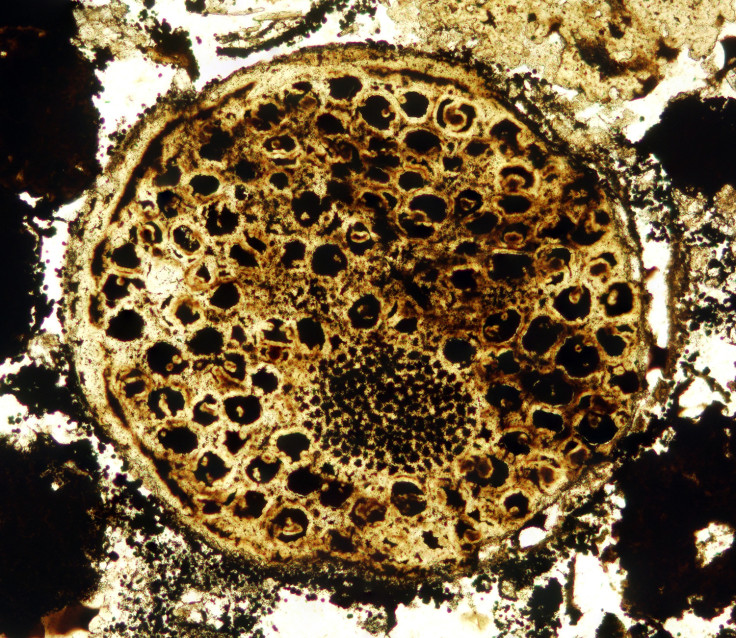Megasphaera: Multicellular Fossils Discovered in China Date Back 60 Million Years Before Cambrian Explosion

Three spherical fossils discovered in China are believed to be from the world's earliest animals, dating back 600 million years.
A new study, published in the journal Nature, entitled Cell differentiation and germ–soma separation in Ediacaran animal embryo-like fossils, reveals that the fossils, known as Megasphaera, are multicellular organisms from 60 million years before skeletal animals appeared on earth in what is known as the Cambrian Explosion.
For scientists, this has contradicted several longstanding theories about the evolution of multicellular organisms.
"This opens up a new door for us to shine some light on the timing and evolutionary steps that were taken by multicellular organisms that would eventually go on to dominate the Earth in a very visible way," said Shuhai Xiao, a professor of geobiology in the Virginia Tech College of Science.
The study has shown that the Megasphaera showed signs of cell-to-cell adhesion, differentiation, and programmed cell death, which are attributes of complex multicellulareukaryotes such as animals and plants.
They are unlikely to be bacteria or single-celled life, as previously thought, because their complex multicellular nature doesn't match that of those forms of life from 600 million years ago.
"Fossils similar to these have been interpreted as bacteria, single-cell eukaryotes, algae, and transitional forms related to modern animals such as sponges, sea anemones, or bilaterally symmetrical animals. This paper lets us put aside some of those interpretations," said Xiao.
The three unusual fossils were recovered from phosphorite rocks in an attempt to discover more about how multicellularity arose from single-celled ancestors.
The findings have shed a new light on evolution and the details about how and when single-celled organisms joined with others to make one life form.
Research will now focus on reconstructing the complete life-cycle of the fossils.
© Copyright IBTimes 2025. All rights reserved.





















